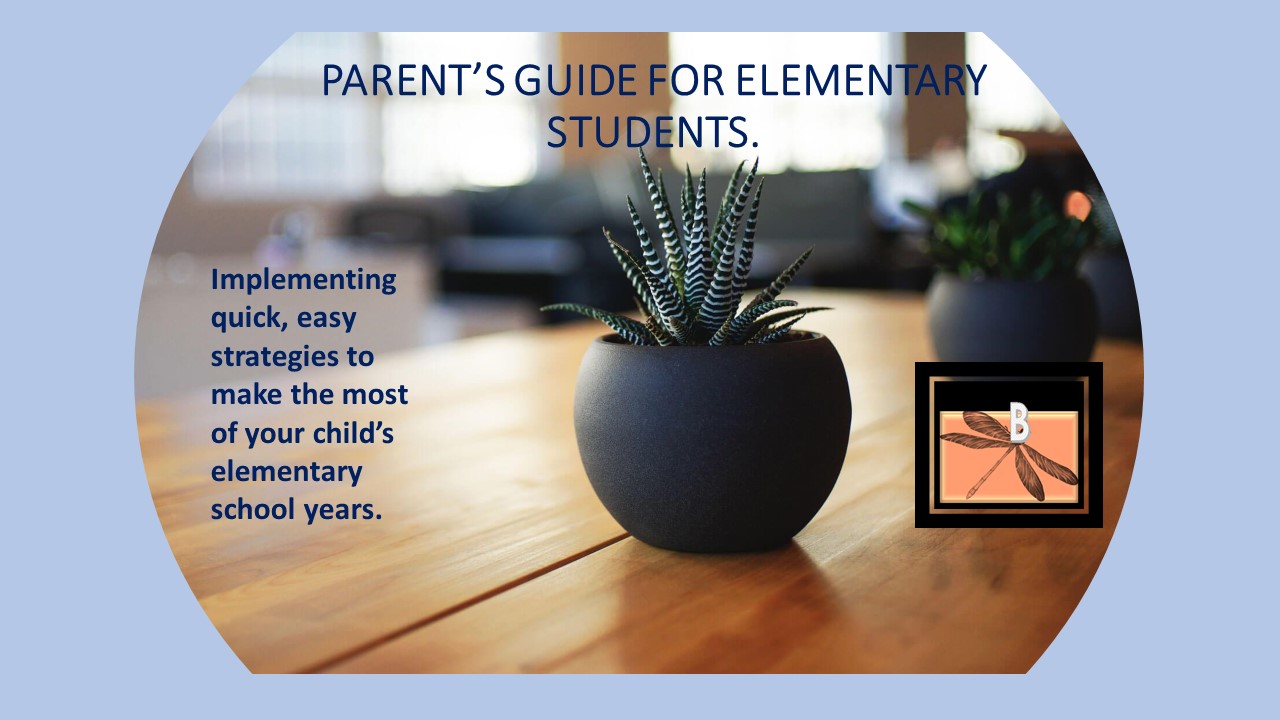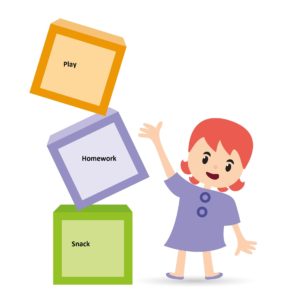
Conflicts
How much should we meddle in a child’s life? Our child comes home one day upset that another child was mean to her. Our protective instinct kicks in, and based on our own thoughts and experiences, we react, and project how we think a child should react. Our adult logic comes in, and we start giving advice on what we think would be the best way to handle the situation. All that is good, but the probability is that we might make the scenario much bigger than what it is. One, we are reinforcing the situation on something that we feel is wrong. Second, we are encouraging the child to keep harboring the negative emotion, even if the situation might be a minor one.
Children have this amazing ability of letting go and forgiving quickly. Kids can be friends one moment, hate each other in the next, and be best of friends again within the hour. Usually they figure out how to be buddies again, for they are by nature friendly, and do not hold on to grudges, or negative emotions for long. To interfere, and expect them to react the way you would, means you are making them more like adults who have a different way of seeing things.
The probability is that 90% 0f the time, children learn how to solve their own conflicts. Let it be. Interfere only if you can see a repetition of some sort, or if you feel the incident will have a long lasting emotional effect on the child. However, usually you will not have to step in at all, for your child will have already figured out how to solve their problem. Sometimes, when I watch children, I feel that we as adults can learn a lot from them by learning how to let go and be friends again.

